Marine Protected Areas (MPAs) demonstrate promise for increasing ecosystem resilience and reversing habitat and population declines, but outcomes vary considerably from context to context. Partially protected areas offer a compromise between ecological recovery and the social needs of local communities, but their success is contingent on an array of factors.
Research and publish the best content.
Get Started for FREE
Sign up with Facebook Sign up with X
I don't have a Facebook or a X account
Already have an account: Login
Revue de presse et du net par le Pôle de partage des connaissances S&T de l'Office français de la biodiversité
Curated by
DocBiodiv
 Your new post is loading... Your new post is loading...
 Your new post is loading... Your new post is loading...
|
|





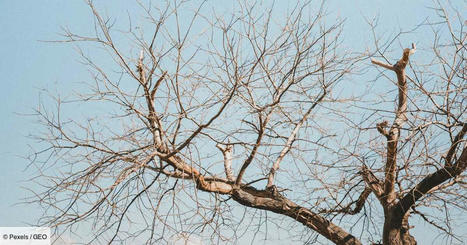
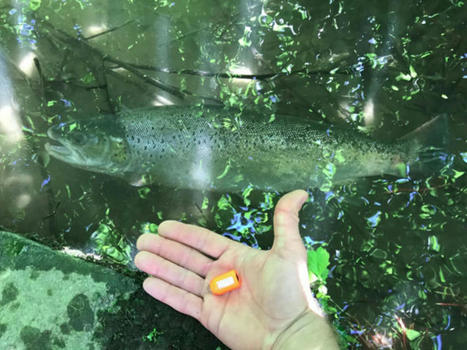
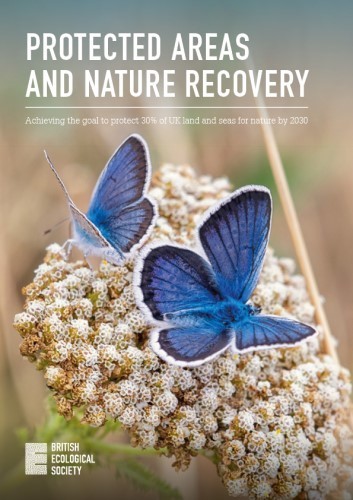
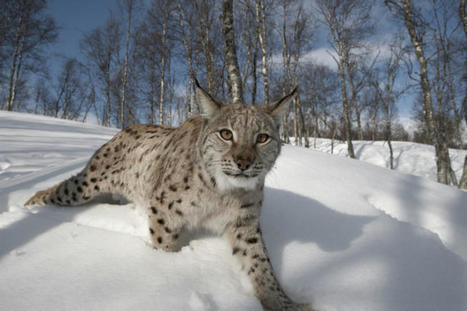



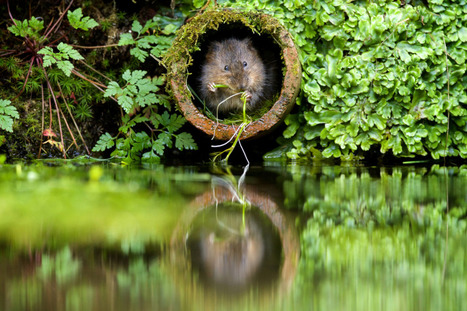
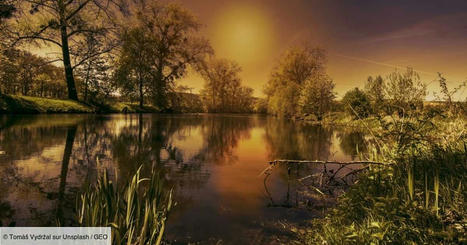
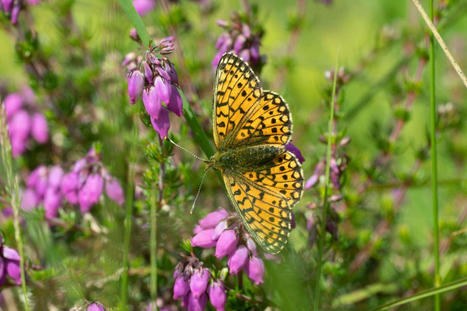
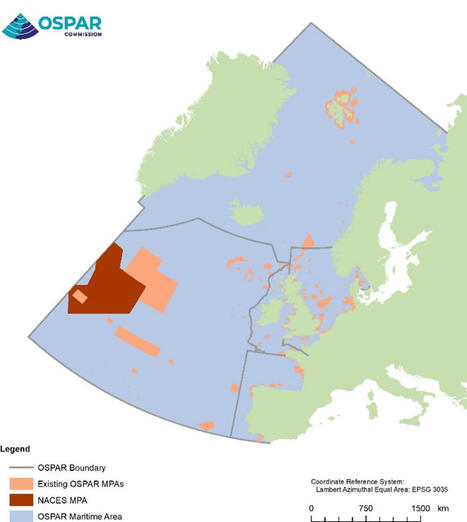
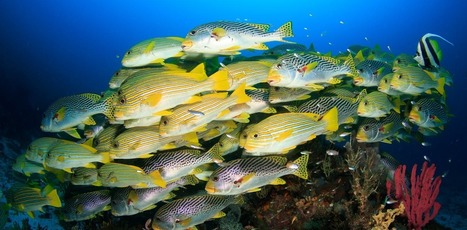
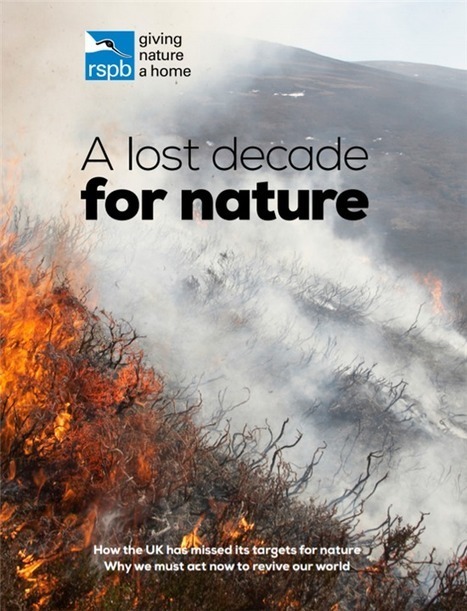





Chloe Renn, Sian Rees, Adam Rees, Bede F R Davies, Amy Y Cartwright, Sam Fanshawe, Martin J Attrill, Luke A Holmes, Emma V Sheehan, ICES Journal of Marine Science, Volume 81, Issue 2, March 2024, Pages 276–292, https://doi.org/10.1093/icesjms/fsad204